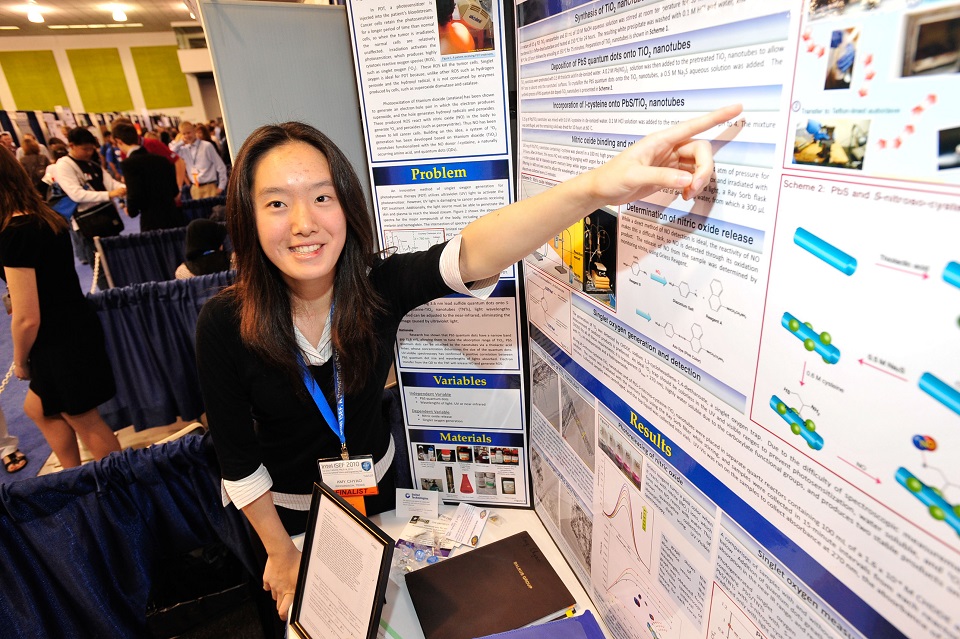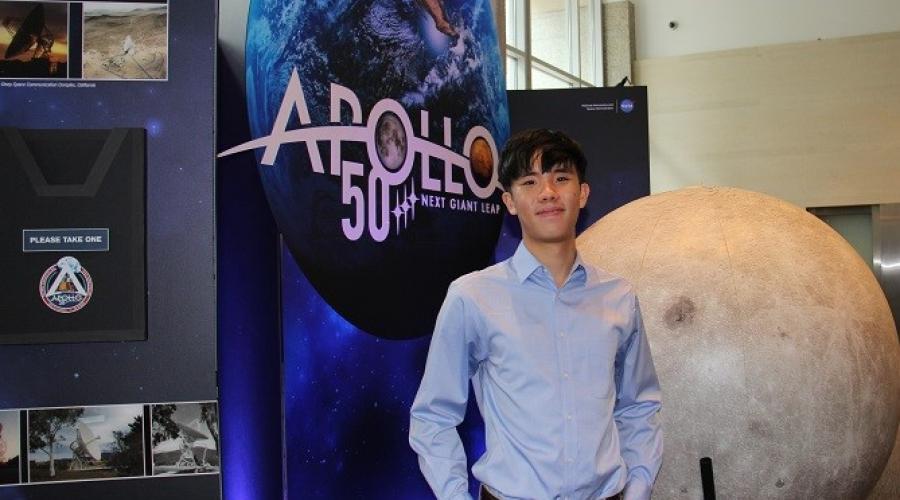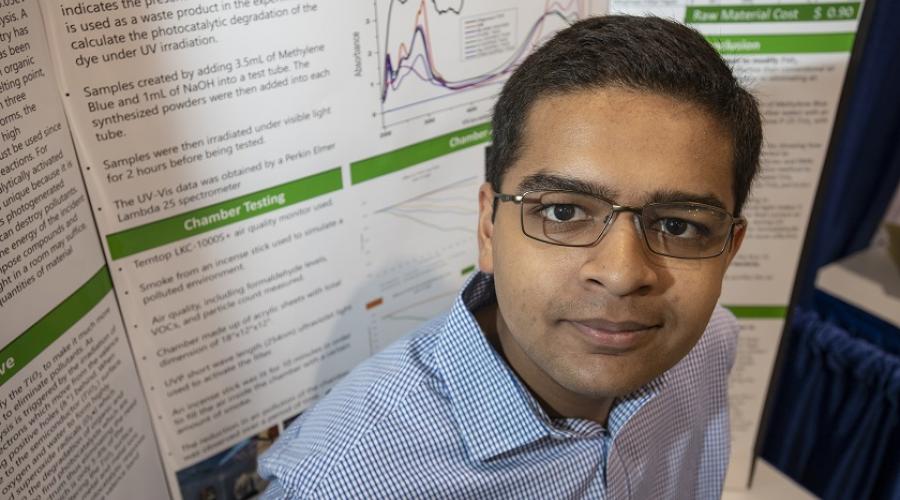USAID Provides Awards for First Time at Intel ISEF 2014
The U.S. Agency for International Development will be offering a Special Award for the first time at Intel International Science and Engineering Fair (Intel ISEF) 2014. Answers were provided by the USAID Office of Science and Technology.
Can you tell us about your organization and why scientific research is important to it? What made your organization decide to offer a special award at Intel ISEF?
The U.S. Agency for International Development (USAID) is the federal government agency responsible for administering foreign aid. USAID works to promote economic and social development in over 100 countries around the world by investing in agricultural productivity; combating maternal and child mortality and deadly diseases; providing life-saving assistance after natural disasters, promoting democracy, human rights and good governance around the world; fostering private sector development and sustainable economic growth; helping communities adapt to a changing environment; and elevating the role of women and girls throughout all our work.
Throughout history, the human condition has dramatically improved through major advances in science and engineering. By offering a special award at the 2014 Intel ISEF, USAID hopes to galvanize the brightest young minds in science and engineering to find solutions to the critical development challenges the world is facing today and in the future.
What award(s) do you offer? How long have you done so?
2014 will be the first year that the U.S. Agency for International Development offers Special Organization Awards at the Intel International Science and Engineering Fair. We are very excited to offer our first awards at the fair that focus on using the transformative power of science and technology to improve the lives of millions of men, women, and children in the developing world.
We will be offering USAID Innovation Awards that align with the current Presidential Initiatives: Feed the Future, Global Climate Change, Power Africa, and Global Health. These Initiatives can be distilled into four broad categories:
- Alleviating Hunger and Providing Food Security
- Adaptation, Sustainability, and Resilience in the face of Global Climate Change
- Increasing Access to Energy
- Improving Global Health
USAID will be granting up to four Innovation Awards for projects that address any of the four topics. We will also be awarding four honorable mentions.
What impact do you think you, as an organization that provides awards and as judges, have on students interested in scientific research?
USAID considers the interaction among students, special award organization judges, and others visiting the fair invaluable. As a Special Award Organization, USAID is excited to be able to have the chance to interact with students about research projects that have the potential for strong development impacts. We also welcome the chance to communicate with students and the public about the many opportunities for scientists in a wide variety of technical fields to do cutting-edge research on international development topics that can improve the human condition all over the world.
What areas of science does your organization focus on?
At USAID, we have scientists from many, many different types of fields, from biology to chemistry to social sciences, who work on issues that intersect with development. For instance, USAID is helping find ways to strengthen agricultural production to help combat global poverty. Tackling such a large problem requires a multidisciplinary approach, including the expertise of ecologists, hydrologists, mechanical engineers, agronomists, anthropologists, and economists.
Do you have any advice for young students interested in pursuing science?
Careers in science are often too narrowly defined. Scientists work not only at universities and research centers, but also in government, think-tanks, private sector, non-profits, and international non-governmental organizations. In fact, for international development — the business of improving the human condition — scientific skills are in high demand to solve some of the most daunting and complex problems facing humanity.


